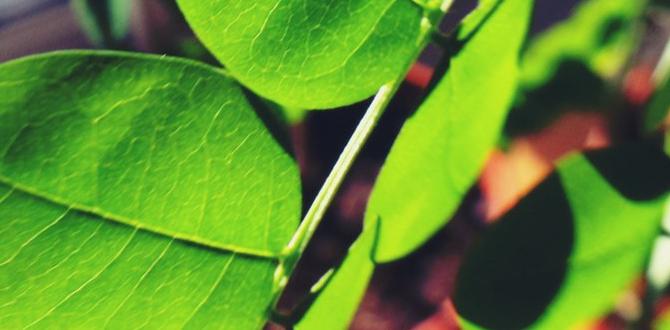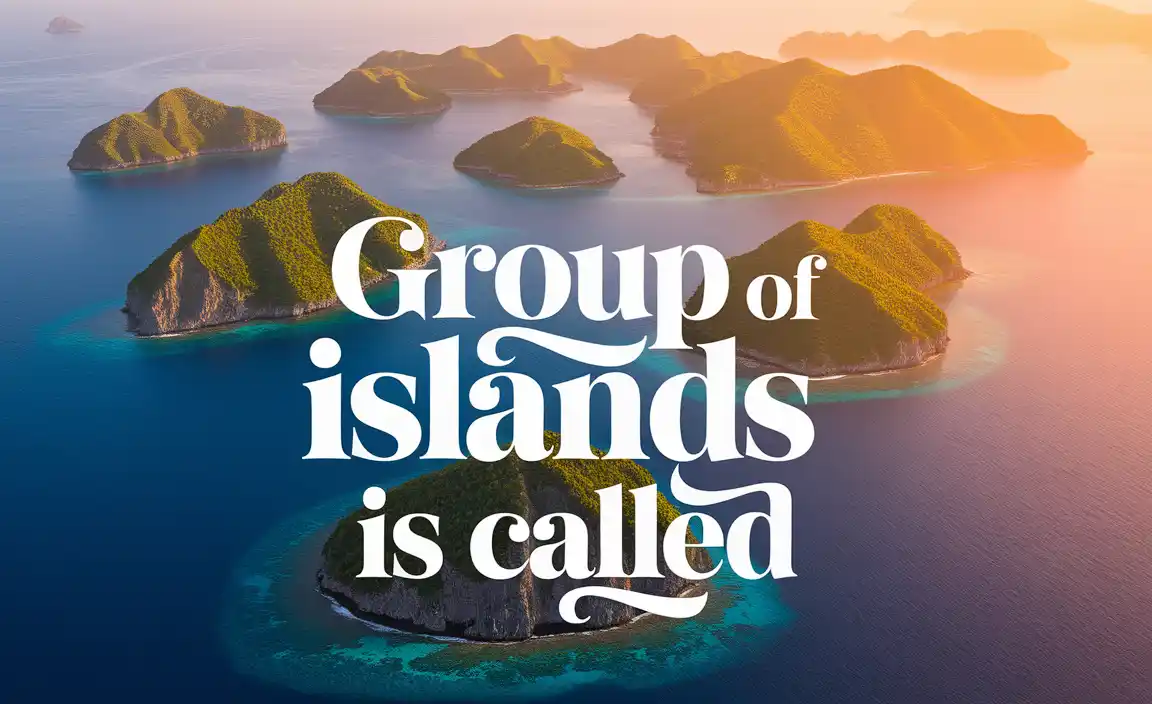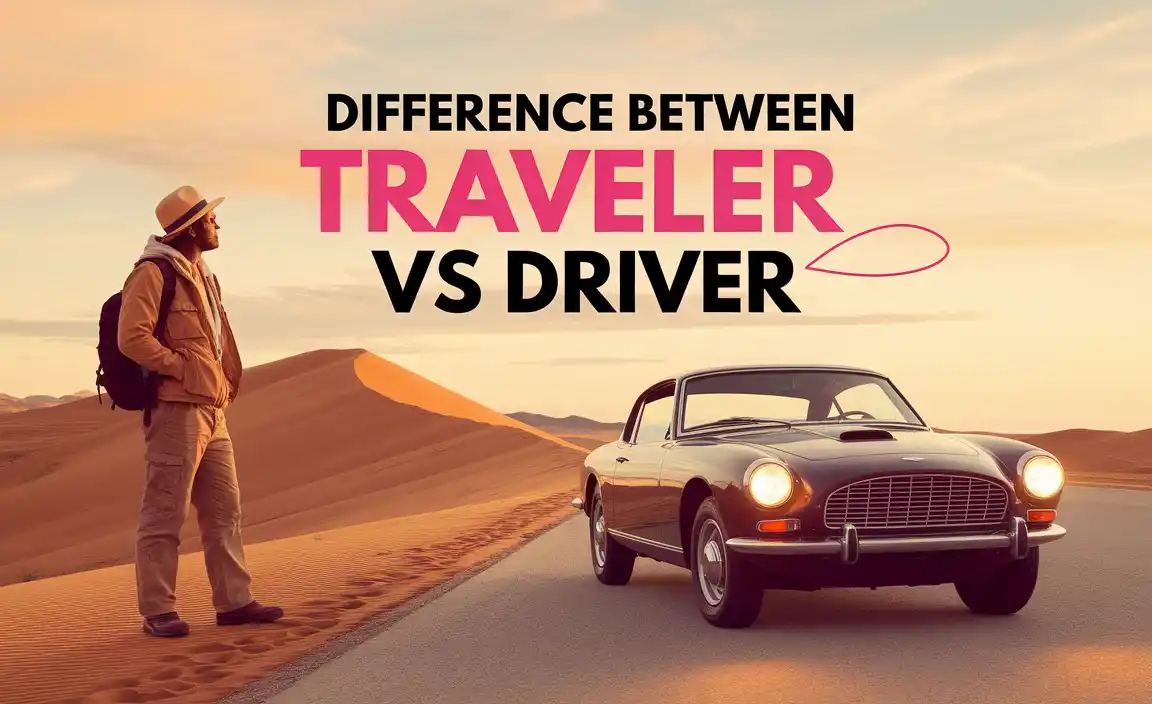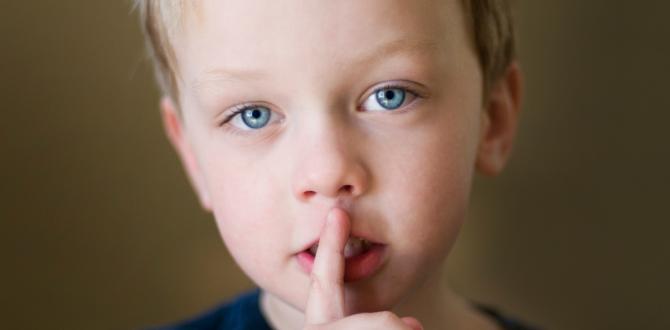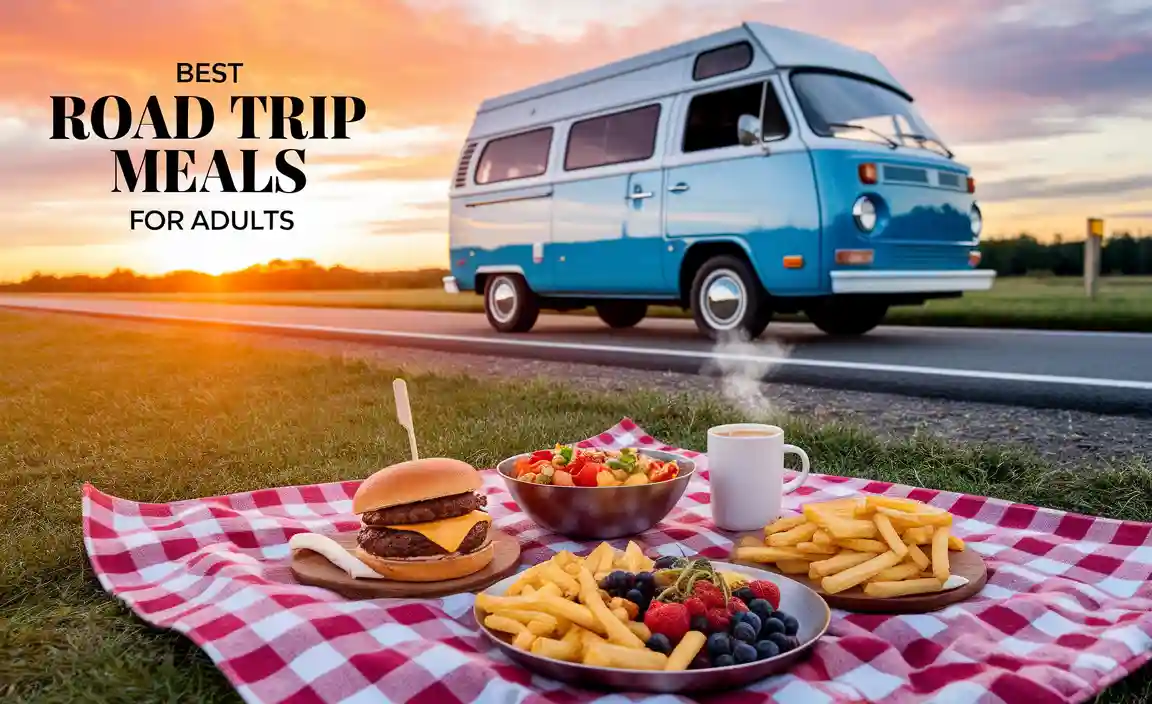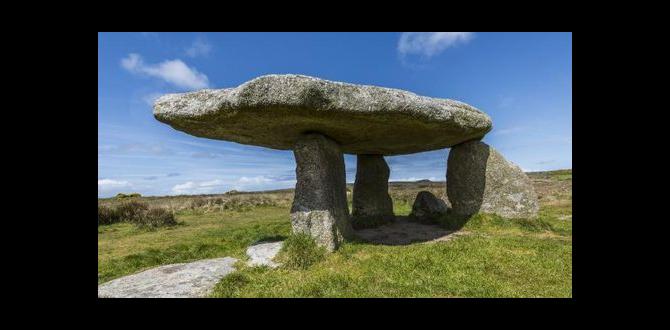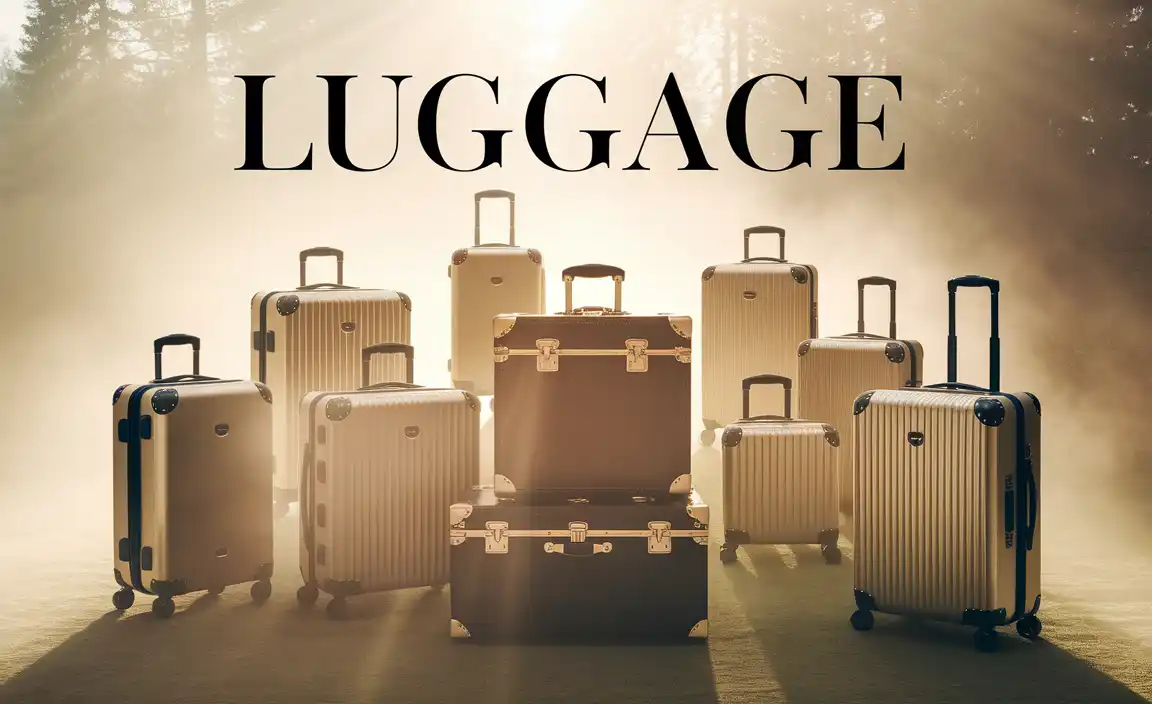Quick Summary: Planning your Black Forest trip? Expect a daily budget of €70-€120 per person, covering accommodation, food, activities, and local transport. This guide breaks down these costs, helping you budget realistically for an amazing German adventure.
The Black Forest Beckons: Understanding Your Daily Budget
The Black Forest, or Schwarzwald in German, is a fairy-tale region known for its cuckoo clocks, stunning mountain vistas, and delicious Black Forest cake. Planning a trip here should be fun, not stressful! Many travelers wonder, “How much will this adventure cost?” It’s a common question, and a little upfront planning makes a big difference. Knowing your daily budget helps you relax and enjoy every moment, from scenic hikes to indulging in local treats, without any financial surprises. We’ll walk through exactly what to expect, breaking down all the essential daily expenses so you can create a budget that works for you.
Here’s what we’ll cover to build your perfect Black Forest budget:
- Accommodation options and their costs
- Typical food expenses, from casual bites to dining out
- Budgeting for unforgettable activities and attractions
- Estimating local transportation costs
- Putting it all together for your daily spending
Let’s dive into creating your stress-free Black Forest itinerary!
Key Components of Your Daily Budget
When mapping out your finances for a trip to the Black Forest, it’s helpful to categorize your expenses. Think of these as the building blocks of your daily spending. By understanding each component, you can make informed choices and tailor your budget to your travel style and preferences.
Accommodation Costs: Your Home Away From Home
Your accommodation will likely be one of the largest parts of your daily budget. The Black Forest offers a wide range of options, from cozy guesthouses and charming Ferienwohnungen (holiday apartments) to comfortable hotels and even budget-friendly hostels. Prices can vary significantly based on the type of lodging, its location (e.g., in a well-known town versus a more rural setting), and the season.
Hostels: If you’re traveling solo or on a tight budget, hostels are a great option. Expect to pay around €25-€40 per person per night for a dorm bed. Some hostels might offer private rooms at a higher price.
Guesthouses (Gasthöfe) & Bed & Breakfasts (B&Bs): These often provide a more personal touch and a hearty breakfast. Daily rates typically range from €50-€80 per person for a double room.
Holiday Apartments (Ferienwohnungen): Ideal for families or longer stays, these offer kitchen facilities, allowing you to save money on meals. Prices can vary widely, from €70-€150 per night for an apartment that can accommodate 2-4 people. This can be very cost-effective per person.
Hotels: From budget-friendly to upscale, hotels offer various amenities. Budget to mid-range hotels usually cost between €80-€150 per person per night. Luxury options can be significantly more.
Pro Tip: Booking in advance, especially during peak season (summer and Christmas markets), can help secure better rates and availability. Consider staying a little outside the most popular tourist hotspots for potentially lower prices.
Food and Drink Expenses: Savoring Local Flavors
Eating and drinking in the Black Forest can be as budget-friendly or as indulgent as you like. From grabbing a quick bite at a local bakery to enjoying traditional German cuisine at a cozy restaurant, here’s what you can expect:
Breakfast: If not included in your accommodation, a typical breakfast at a café might cost €8-€15. If you have an apartment with a kitchen, buying groceries from a local supermarket (like Aldi, Lidl, or Rewe) and preparing your own breakfast can cost as little as €3-€5 per person per day.
Lunch: A casual lunch, such as a large pretzel (Brezel), a sausage (Wurst), or a simple sandwich, can cost between €5-€10. Many bakeries offer great value lunch deals.
Dinner: Dining at a traditional restaurant can influence your budget significantly. A main course typically ranges from €15-€30. For a two-course meal with a drink, budget around €30-€50 per person.
Snacks and Coffee: Budget an extra €5-€10 per day for coffee, pastries, ice cream, or other treats.
Drinks: A beer or a glass of wine in a restaurant might cost €4-€7. Soft drinks are usually €2-€4.
Saving Money on Food:
- Utilize grocery stores for snacks, picnic lunches, and even some dinners if you have kitchen facilities.
- Look for “Mittagstisch” or lunch specials at restaurants, which often offer great value.
- Drink tap water (Leitungswasser), which is safe and free in Germany. Just ask for it!
Activities and Attractions: Budgeting for Fun
The Black Forest offers a wealth of natural beauty and cultural experiences, many of which are free or low-cost. However, popular attractions and specific activities will add to your daily expenses.
Hiking and Nature: The most beautiful part of the Black Forest is its nature, and hiking is often free! Trails are well-marked and accessible. Enjoying the scenery, visiting waterfalls like the Triberg Waterfalls (entry fee around €4-€5), or taking a leisurely walk costs very little.
Cuckoo Clocks: Visiting a cuckoo clock workshop or museum might have a small entry fee (€3-€7), or be free if you’re just browsing. Purchasing a clock is, of course, a separate, often significant, expense.
Museums and Cultural Sites: Entry fees for museums can range from €8-€15. For example, the Black Forest Open Air Museum (Vogtsbauernhof) can cost around €10-€12.
Scenic Drives and Panoramic Roads: While the drives themselves are free, you might incur costs for parking or optional stops.
Thermal Baths and Spas: Entrance to an indoor or outdoor thermal bath can range from €15-€30 for a few hours.
Adventure Activities: Activities like summer toboggan runs or visiting amusement parks like Europa-Park (a major highlight, but expensive at around €60+ per day) will require a larger budget. A single ride on a summer toboggan might cost €3-€5.
Cable Cars and Lifts: For breathtaking views from mountain peaks, consider using cable cars. A round trip can cost €15-€25 (e.g., Feldbergbahn).
Tip: Check for regional visitor cards (like the KONUS guest card) that many towns offer upon accommodation booking. These often provide free local public transport and discounts on attractions, significantly reducing your activity costs. You can learn more about the KONUS system on official tourism sites like Schwarzwald Tourismus.
Transportation: Getting Around the Black Forest
How you get to and around the Black Forest will impact your budget. If you’re renting a car, factor in rental costs, fuel, and parking. If you’re relying on public transport, the Germany public transport network is excellent.
Car Rental & Fuel: Daily car rental can range from €30-€60+, depending on the car type and rental company. Fuel prices in Germany are generally higher than in some other European countries, so budget around €1.70-€2.00 per litre for petrol/diesel.
Parking: In towns and at popular attractions, parking fees can range from €1-€5 per hour or a daily flat rate of €5-€10.
Public Transport (Trains & Buses): Germany has a very efficient public transportation system.
Single Tickets: A single train or bus ticket for a short journey might cost €3-€8.
Day Tickets: Day tickets for a specific region or town can range from €10-€25.
Regional Passes: For extensive travel within a large region, consider regional day tickets or weekly passes. These can range from €20-€40 per day for a group or family.
KONUS Card: As mentioned, this guest card often provides free travel on local buses and trains within the Black Forest region for guests staying at participating accommodations. This is a huge budget saver! Check the eligibility requirements with your accommodation provider.
Considerations:
- The Black Forest is spread out. If you want to explore many remote villages and hiking trails, a car offers flexibility.
- If you plan to stay in one or two central locations and utilize public transport, you can save a lot, especially with transport passes or the KONUS card. The Deutsche Bahn (DB) website is a great resource for planning train journeys.
Putting It All Together: Your Essential Daily Budget Estimate
Now, let’s consolidate these components into realistic daily budget ranges. These are estimates and can be adjusted based on your travel style – whether you’re a budget backpacker, seeking comfortable mid-range travel, or indulging in a more luxurious experience.
Budget-Friendly Traveler (Per Person, Per Day):
This traveler prioritizes value, stays in hostels or budget apartments, prefers self-catering some meals, utilizes free activities, and relies heavily on public transport (especially if the KONUS card is available).
Accommodation: €30-€50 (hostel dorm, budget guesthouse share)
Food & Drink: €30-€45 (mostly groceries, occasional casual meal)
Activities & Attractions: €10-€20 (mostly free hiking, one small paid attraction)
Local Transport: €5-€15 (if not using KONUS; otherwise near €0)
Total Daily Estimate: €75 – €130
Mid-Range Traveler (Per Person, Per Day):
This traveler enjoys comfortable accommodation, a mix of dining out and some self-catering, a few paid attractions, and a balance of transport methods.
Accommodation: €50-€80 (comfortable guesthouse, mid-range hotel share)
Food & Drink: €50-€70 (mix of cafés, restaurants, and some groceries)
Activities & Attractions: €25-€40 (museums, cable car, scenic sites)
Local Transport: €10-€25 (local transport, occasional taxi or parking)
Total Daily Estimate: €135 – €215
Comfort/Luxury Traveler (Per Person, Per Day):
This traveler opts for higher-end hotels, dines out regularly, enjoys premium activities, and may rent a car for added convenience.
Accommodation: €80-€150+ (nice hotel, boutique guesthouse)
Food & Drink: €70-€100+ (dining out frequently, fine wines)
Activities & Attractions: €40-€70+ (multiple attractions, guided tours, spa days)
Local Transport: €25-€50+ (car rental, fuel, parking, private transfers)
Total Daily Estimate: €215 – €370+
Here’s a simplified table focusing on the more common budget and mid-range scenarios:
| Category | Budget Traveler (Per Person/Day) | Mid-Range Traveler (Per Person/Day) |
|---|---|---|
| Accommodation | €30 – €50 | €50 – €80 |
| Food & Drink | €30 – €45 | €50 – €70 |
| Activities & Attractions | €10 – €20 | €25 – €40 |
| Local Transport | €5 – €15 | €10 – €25 |
| Estimated Total | €75 – €130 | €135 – €215 |
Assumes potential use of free KONUS card for transport, keeping costs minimal.
Tips for Saving Money in the Black Forest
Even if you’re not strictly a “budget traveler,” these tips can help stretch your currency further, allowing you to enjoy more or simply reduce your overall spend, making your trip feel even more rewarding.
- Leverage the KONUS Guest Card: This is arguably the most significant money-saver. Ask your accommodation provider if they participate and how to get it. It can cover your local bus and train travel, saving you potentially €10-€20+ per person per day.
- Pack a Reusable Water Bottle: Tap water in Germany is high quality and safe to drink. Refilling your bottle saves money and reduces plastic waste.
- Picnic Lunches: Buy fresh bread, cheese, local meats, and fruits from supermarkets or local bakeries for delicious and affordable lunches amidst stunning scenery.
- Look for “Mittagstisch”: Many restaurants offer fixed-price lunch menus (often 2-3 courses) during weekdays that are significantly cheaper than à la carte dinner options.
- Free Walking Tours: While not as common in smaller Black Forest towns as in major cities, some larger ones might offer them. They are a great way to get acquainted with a place, and you can tip your guide based on your satisfaction.
- Prioritize Free Activities: The natural beauty is the main draw. Focus on hiking, exploring charming villages on foot, and enjoying scenic viewpoints, which cost nothing.
- Travel in the Shoulder Seasons: Visiting in the spring (April-May) or autumn (September-October) can mean lower accommodation prices and fewer crowds compared to the peak summer months (June-August) or the popular Christmas market season.
- Cook Some Meals: If your accommodation has a kitchen, making simple dinners a few nights can drastically cut down food expenses.
A study by various German tourism boards indicates that while the average daily spend for tourists in Germany can vary widely, the Black Forest region offers a good balance. For travelers focused on nature and local experiences, budget-conscious options are very feasible. For instance, the cost of food at a typical German supermarket is comparable to many other Western European countries, making self-catering an effective strategy. Public transport pass popularity, like the regional ticket systems, also demonstrates traveler efforts to manage costs efficiently, with prices often around €20-€30 for a day ticket for a small group.
Example Daily Budget Scenario
Let’s put this into practice with a hypothetical day for two people traveling in the mid-range category, focusing on scenic beauty and local culture.
Accommodation: €120 per night for a comfortable double room in a guesthouse in Titisee-Neustadt. (€60 per person)
Breakfast: Included with accommodation.
Lunch: Sandwiches and pastries from a local bakery, enjoying a picnic by Titisee lake. (€20 for two people)
Afternoon Activity: Visiting the Triberg Waterfalls and exploring the town. (€10 for entrance fees for two)
Coffee Break: Two Black Forest cakes and coffees at a traditional café. (€20 for two people)
Dinner: A hearty meal at a traditional Gasthof, including a main course and a beer each. (€60 for two people)
Local Transport: Using the KONUS card for free bus travel between Titisee-Neustadt and Triberg. (€0 for transport)
Miscellaneous: A small souvenir or extra snack. (€10 for two people)
Total for the Day (2 people): €120 + €20 + €10 + €20 + €60 + €0 + €10 = €240
Total Per Person for the Day: €120
This falls comfortably within our mid-range estimate for two, showing how a good mix of included meals, strategic dining, and free transport can balance out accommodation and activity costs.
FAQ: Your Black Forest Budget Questions Answered
How much should I budget per day for the Black Forest?
For a comfortable mid-range trip, budget around €135-€215 per person per day. Budget travelers can aim for €75-€130, while those seeking more luxury should

